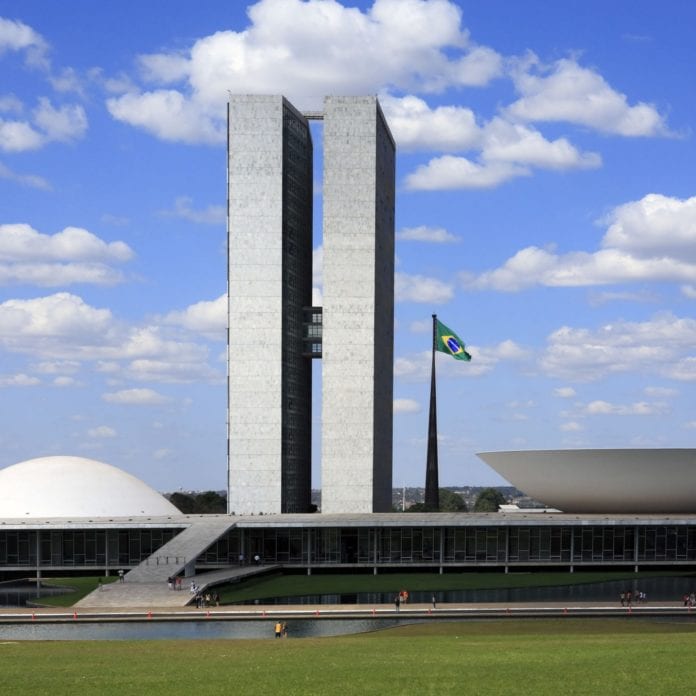Brazilian telecommunications services regulator Anatel has approved a set of rules that will pave the way for the government to award spectrum for the provision of 5G services.
The regulator confirmed that mobile operators must not rely on dynamic spectrum sharing (DSS) technology, which allows 4G and 5G networks to operate using the same spectrum band, for the provision of 5G services in Brazil.
Brazilian carriers will be forced to deploy 5G standalone networks by 2022, Anatel said. The rules also obliges operators to cover the vast northern Amazon region with broadband connectivity, chiefly using optic fiber cables laid in rivers, and build a separate secure network for the federal government.
According to Reuters, local operators Telefonica Brasil and Claro, owned by Mexico’s America Movil, are pressing for a 5-year transition to the 5G SA networks.
The rules still need to be finally approved by the country’s Federal Audit Court (TCU).
Anatel opted not to implement any restrictions on the use of Huawei’s 5G network equipment, meaning that the Chinese company is likely to take part in the commercial deployment of 5G technology across Brazil.
Last year, Brazilian President Jair Bolsonaro was under pressure by the Trump administration to ban Huawei, but local telcos said that excluding the vendor would cost billions of dollars to replace the equipment of the Chinese vendor that supplies nearly 50% of the current 3G and 4G networks in the country.
Brazil’s Ministry of Science, Technology, Innovations and Communications had approved Brazil’s 5G auction process in February 2020, with airwaves in the 700 MHz, 2.3 GHz and 3.5 GHz bands set for sale alongside 26 GHz mmWave spectrum.
The Brazilian government aims to carry out the tender to award 5G spectrum by the end of the first half of 2021, according to recent press reports.
Even before COVID-19, the 5G spectrum auction schedule had been postponed from its initial March 2020 date given the need to further investigate interference with other signals.
The future deployment of 5G technology in Brazil could have a $1.216 trillion economic impact and an increase in productivity of $3.08 trillion, according to a recent study by Nokia and Omdia.
ICT, government, manufacturing, services, agriculture, and retail will be the industries most impacted by the future deployment of 5G in Brazil, the study concluded.
Brazilian operators TIM and Claro have already launched limited 5G offerings via DSS technology.

